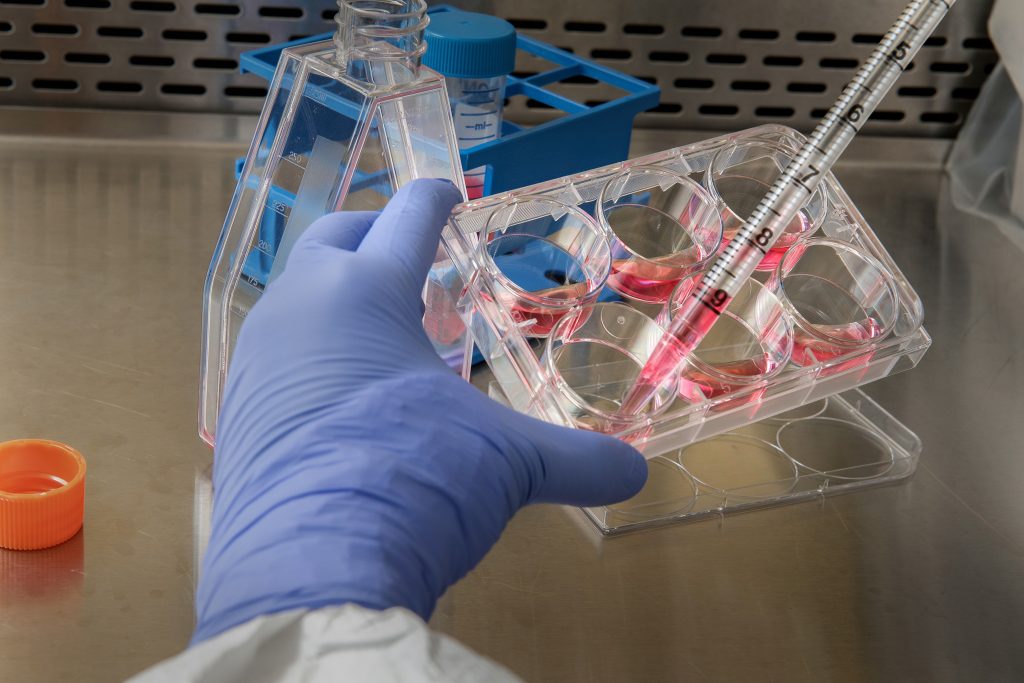
Scientists who work in laboratories frequently enjoy problem solving, critical thinking, and contributing to the advancement of various scientific fields. There are numerous career options available if you have the necessary skill set and want to work in a laboratory. Usually, lab installation Malaysia is required to do by employers in a particular field. Learning about potential careers can help you decide the next step in your job search. In this article, we share a list of 6 jobs that involve working in a laboratory, as well as information about the primary responsibilities of each job.

1) Medical Equipment Repairer
A medical equipment repairer’s primary responsibilities include installing medical equipment, identifying equipment problems, and performing repairs. Their duties frequently include testing equipment, ordering and installing replacement parts, performing updates, updating equipment manuals, and training staff on proper equipment use. These individuals can work in a variety of industries, such as health care, commercial equipment, and supply merchant wholesaling.
2) Analyst of DNA
A DNA analyst is a scientist who isolates DNA from biological substances, frequently comparing one set of DNA to another set discovered by investigators and crime scene technicians. These analysts frequently testify about DNA findings, use DNA analysis software, and analyse evidence in accordance with law enforcement protocol. DNA analysts may work in R&D laboratories, but they can also work for crime labs, government agencies, and biotechnology firms.
3) Phlebotomist
A phlebotomist is a health professional who collects blood, usually for the purpose of donating it to patients in need or testing it in a laboratory. They typically keep their work environments clean, explain the procedure to patients, label, and store blood samples, ensure proper storage temperatures and conditions, and collaborate with other healthcare professionals to test samples. They are also in charge of maintaining laboratory stock, setting up blood-drawing equipment, and labeling vials so that they match the correct donor name. Diagnostic laboratories, blood donation centers, and urgent care clinics are all places where phlebotomists can find work.
4) Forensic Science Technician
A forensic science technician works with law enforcement and crime scene investigators to analyze evidence related to a crime. Their duties frequently include collecting and analyzing samples, as well as ensuring safe collection methods and reporting findings. Forensic science technicians work in a variety of industries, including health care, education, and architectural services.
5) Cytotechnologist
A cytotechnologist is a laboratory professional who analyses cells and diagnoses abnormalities and diseases using microscopic imaging equipment. They frequently collect and analyze samples, identify cancerous cells, and collaborate with other healthcare professionals. Cytotechnologists’ skill sets are valued by professionals in a variety of settings, including commercial laboratories, hospitals, and universities.
6) Chemistry Technician
A chemistry technician examines the chemicals used to make products and materials, frequently to determine the environmental impact and quality of manufacturing processes. Their responsibilities include developing testing procedures, handling chemicals, calculating chemical equations, keeping the laboratory clean and organized, and producing reports and research findings. They also give talks about their chemical discoveries, test new products to ensure they meet specifications and use chemical analysis to solve production problems. Chemistry technicians are most commonly found in manufacturing, but they can also be found in pharmaceutical, health care, and chemical engineering research.
Above are among the jobs that require people to work in a laboratory!







